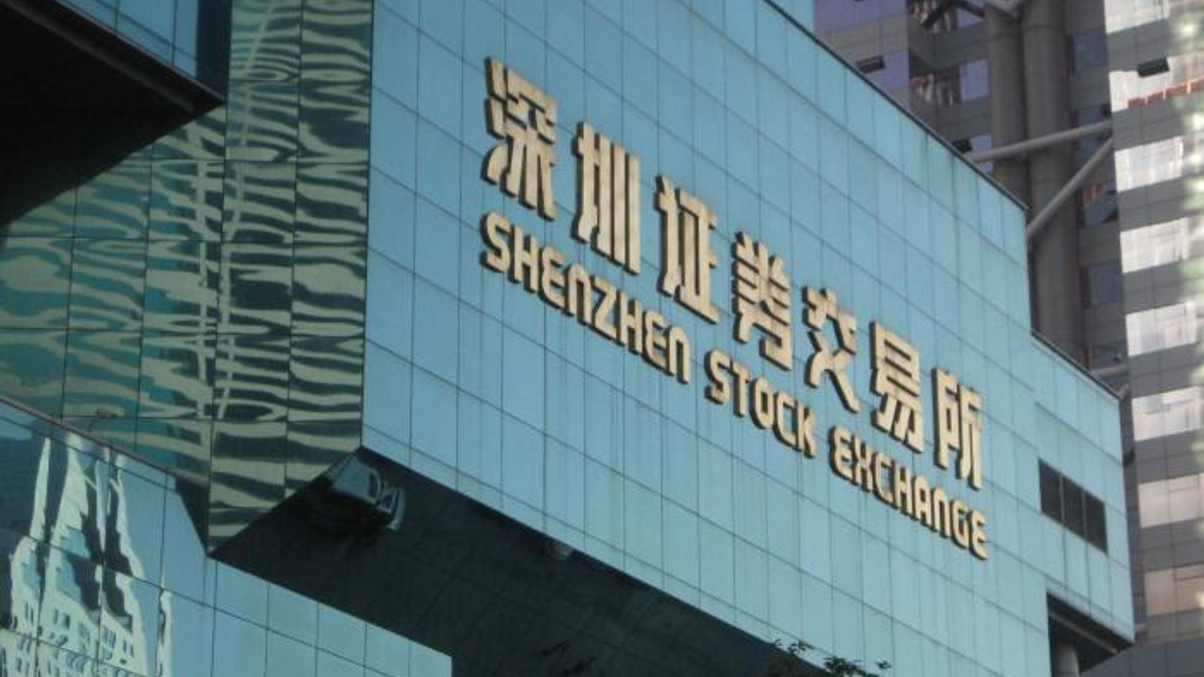AsianInvestor's regulatory roundup, July 2
Shenzhen connect awaits cabinet approval; Vietnam foreign ownership boost; Funds not too-big-to-fail; MPFA shelves adjustment proposal; Australia update on collective action

China: Shenzhen-HK stock connect waiting for cabinet approval
Sign in to read on!
Registered users get 2 free articles in 30 days.
Subscribers have full unlimited access to AsianInvestor
Not signed up? New users get 2 free articles per month, plus a 7-day unlimited free trial.
¬ Haymarket Media Limited. All rights reserved.


